Brand impact
An exclusivity deal over the Apple iPhone helped T-Mobile grow its share of the contract mobile market in Germany. But, are these gains tied to the exclusivity deal and will T-Mobile’s current success be affected when and if the iPhone becomes non-exclusive?
March 26, 2010

An exclusivity deal over the Apple iPhone helped T-Mobile grow its share of the contract mobile market in Germany. But, are these gains tied to the exclusivity deal and will T-Mobile’s current success be affected when and if the iPhone becomes non-exclusive?
Data released exclusively to Telecoms.com by market research firm Kantar details the impact on German carrier T-Mobile’s domestic operation of its exclusive distribution deal for Apple’s iPhone.
T-Mobile grew its share of the contract mobile market from 26.2 per cent to 30.1 per cent over the course of 2009 and more than 40 per cent of the carrier’s contract subscriber additions during the second half of 2009 bought the iPhone. Nokia, Motorola, Vodafone and O2 were among the firms losing out in Germany as a result of the popularity of the Apple handset.
The launch of the 3Gs iteration of the phone in May last year gave it a significant boost within the T-Mobile portfolio, despite a sales dip in the third quarter. The handset proved a huge draw for customers from rival networks, with 44.4 per cent of users churning to T-Mobile contract tariffs doing so for the iPhone. Nokia, which is used to market share in that kind of neighbourhood, was a distant second with 17.9 per cent.
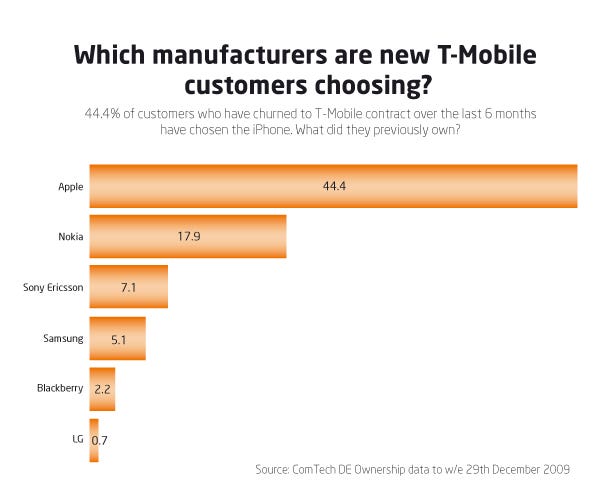
which-manufacturers-3a8b41
Kantar’s ComTech consumer tracking panel conducts more than two million consumer interviews across 11 key mobile markets each year, gaining insight into mobile phone behaviour, including purchasing of phones, mobile phone bills/airtime, source of purchase, phone usage and handset features. Paul Moore, director of ComTech, said that the iPhone has given T-Mobile a significant boost in the younger, higher-spending demographic where, historically, it has been found wanting. This has balanced T-Mobile’s losses in the prepaid market, which is growing in Germany, he added.
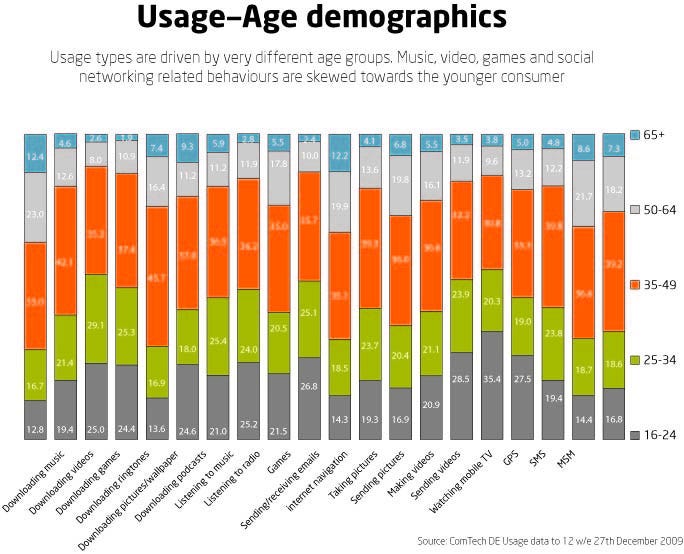
usage-age
Of all the new contract customers to join T-Mobile in the second half of 2009, 28 per cent joined from Vodafone, 5.9 per cent from the carrier’s prepaid base and 22.1 per cent from its postpaid. Second hardest hit was O2, which accounted for 24 per cent, 6.8 per cent prepaid and 17.2 per cent postpaid. E-plus accounted for 9.8 per cent, all of which were contract customers and T-Mobile’s own prepaid base represented another 18.4 per cent.
In terms of handset brand churn, Apple’s popularity hit Nokia and Motorola the hardest. 39.1 per cent of T-Mobile’s new iPhone subscribers in the second half of last year were previously Nokia owners, while 37.3 per cent discarded a Motorola handset for the Apple product.
Uptake of smartphones in Germany has lagged other leading European markets, Moore told telecoms.com but the correlation between iPhone ownership and higher ARPU spend seen elsewhere is reflected in T-Mobile’s domestic market. Vodafone leads the German market in ARPU, with the highest proportion of customers spending more than €50/month, but T-Mobile is still outperforming the market. And German Apple users have a significantly higher monthly spend than owners of other handsets, he said.
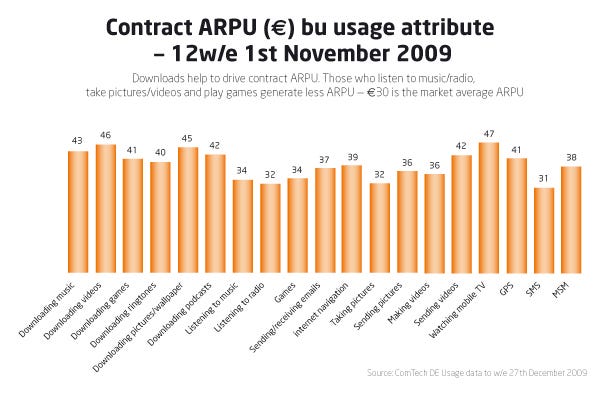
contract-arpu_usage-3a886c
But, said Moore, T-Mobile’s Apple-induced gains might not be an exclusively positive development. “It does raise alarm bells about the potential future in terms of exclusivity,” he said. “Will T-Mobile’s current success be affected when and if the iPhone becomes non-exclusive in Germany? An interesting parallel is O2 in the UK. Volumes for the iPhone took off there in July 2008 so there will be a big bulk of customers coming up for renewal around now. O2 have released a lot of high-value SIM only deals to try and keep hold of all of those customers. T-Mobile might find itself with the same problem.”
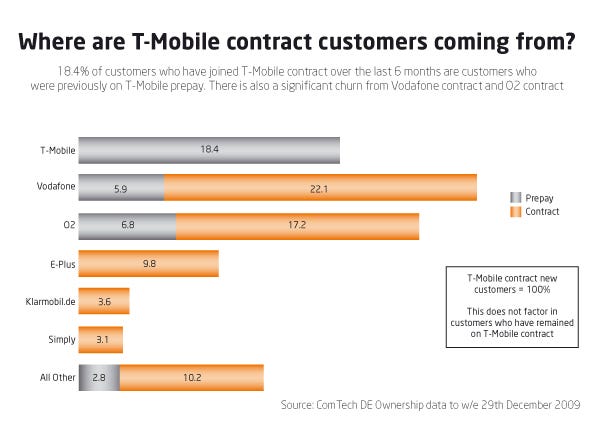
where-are-t-mobile-c3a8b0e
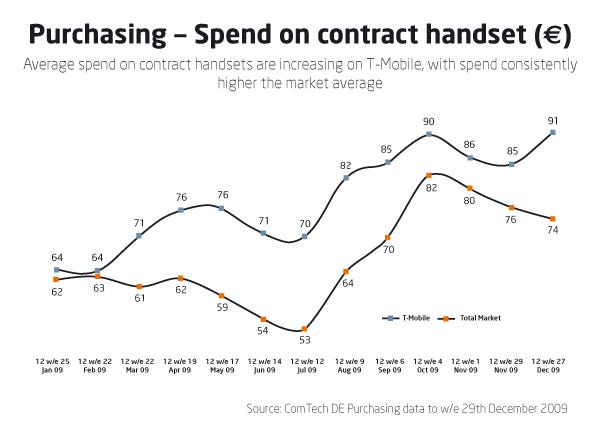
purchasing_spend-on-3a89fb
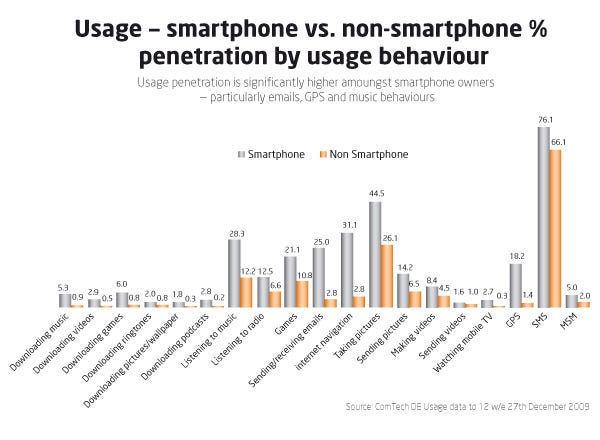
usage_smartphone-vs3a8a81
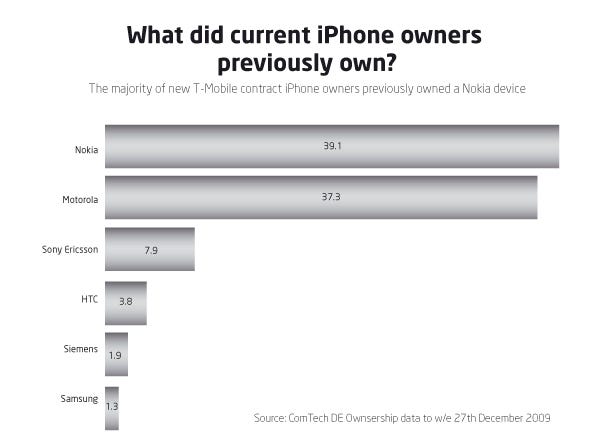
what-did-current-iph3a8add
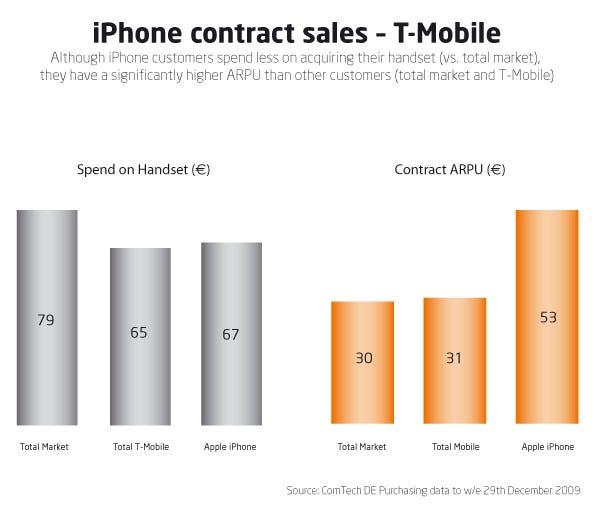
iphone-contract-sale3a88eb
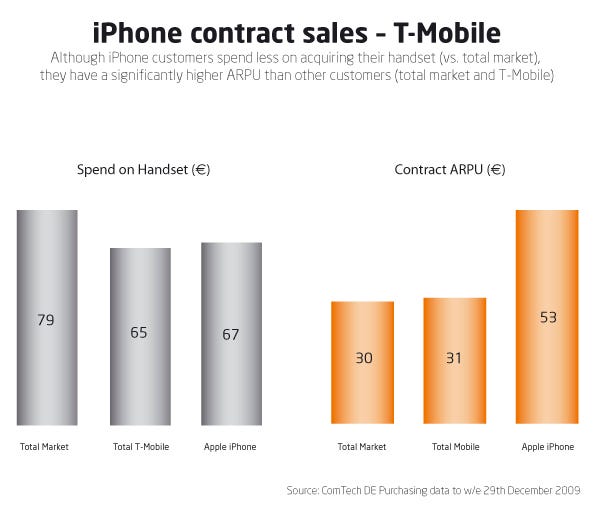
iphone-contract-sale3a88eb1
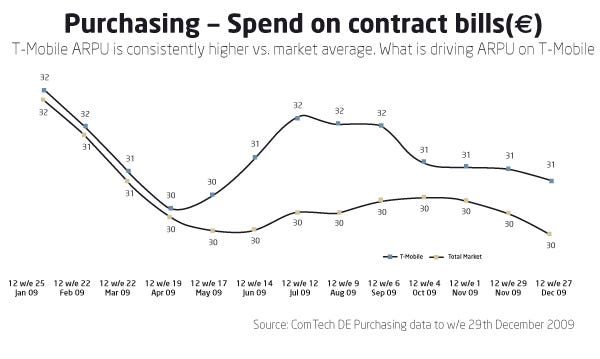
purchasing_contractbills
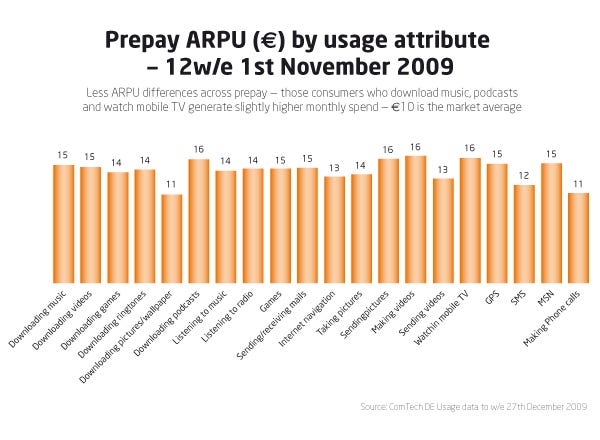
prepay-arpu_by-usage3a89c5
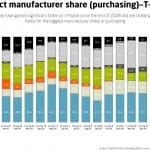
contract-manufacturer-share
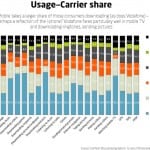
usage_carrier-share
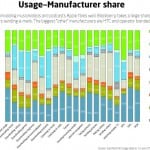
usage_manufacturer-share
ComTech is the largest continuous research consumer mobile phone tracking panel of its kind in the world, conducting over 1 million interviews per year in Europe alone. The study has now been expanded to Mexico, Brazil, Japan, Australia and the US , bringing the total number of annual interviews to over 2 million. Worldpanel ComTech tracks mobile phone behaviour, including purchasing of phones, mobile phone bills/airtime, source of purchase, phone usage and handset features and delivers beyond market share tracking to understand drivers of share changes, market dynamics through consumer insight – the data included in this story is excluding enterprise sales.
Read more about:
DiscussionAbout the Author(s)
You May Also Like











_1.jpg?width=700&auto=webp&quality=80&disable=upscale)


.png?width=800&auto=webp&quality=80&disable=upscale)